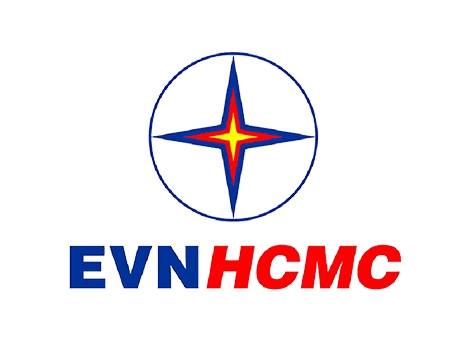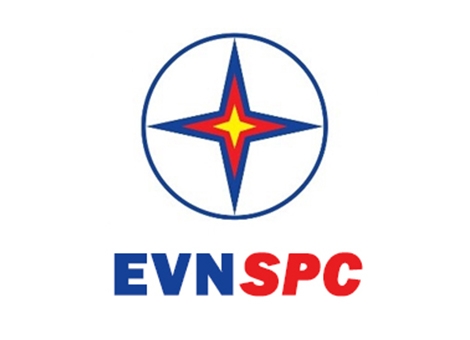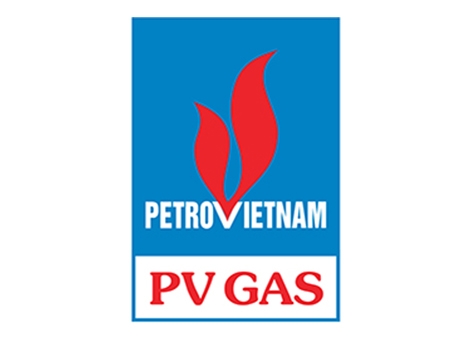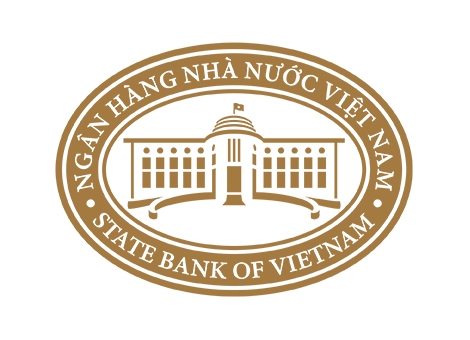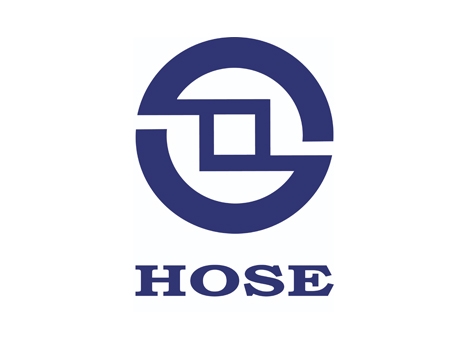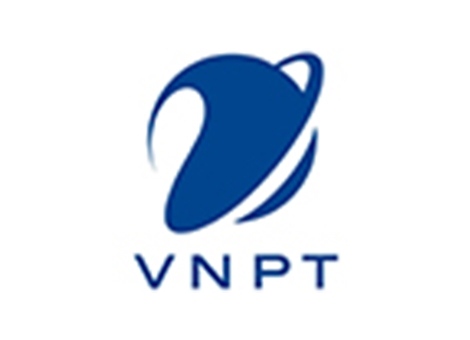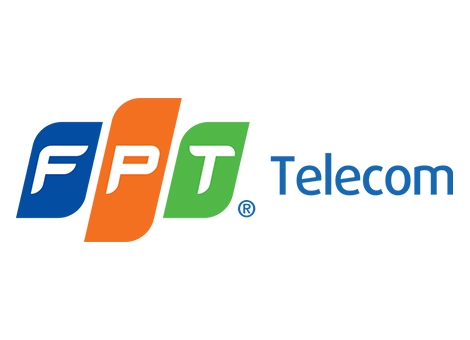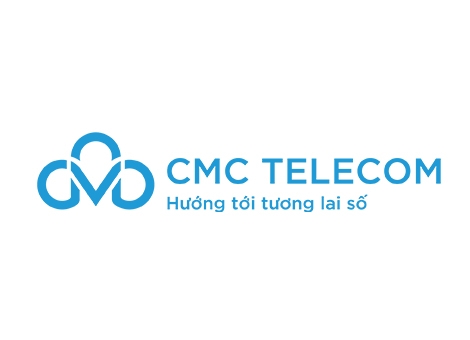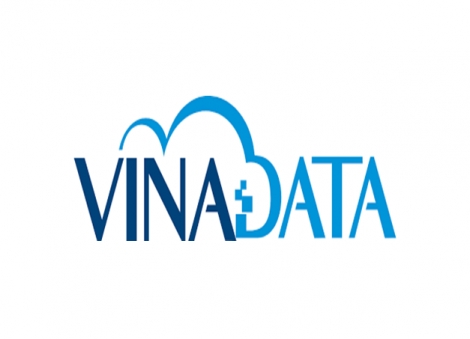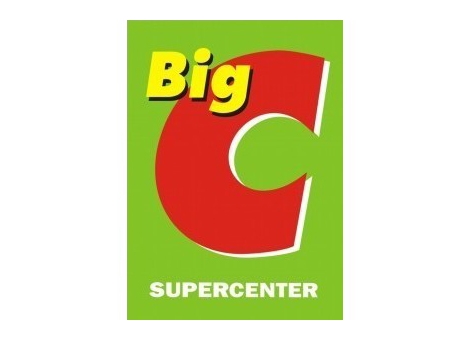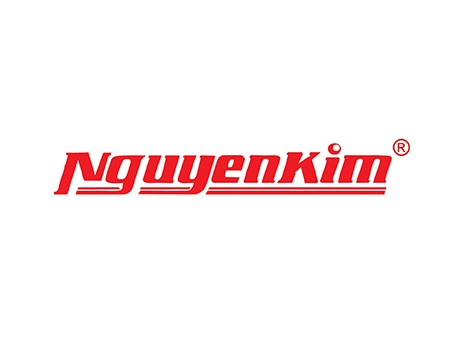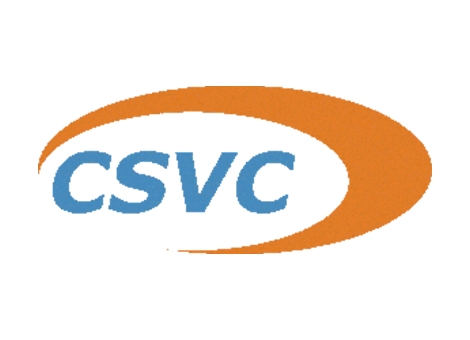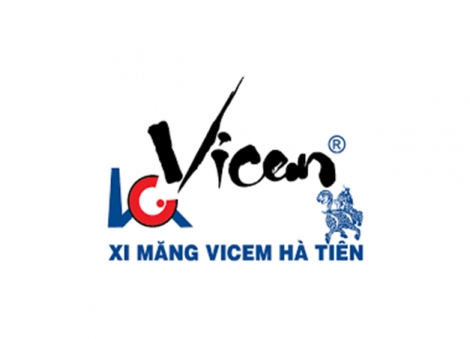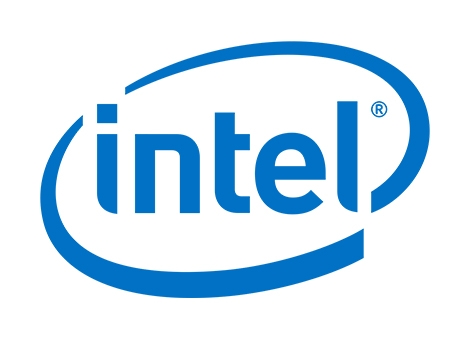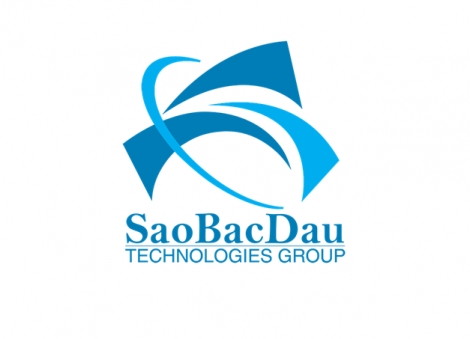- sales@smartpro.vn | tuvan@smartpro.vn
- (028) 39 333 376 | 0943 338 846
- Tiếng Việt | English
SmartPro hiểu được tầm quan trọng của việc thực hành trong môi trường học tập, do đó SmartPro cung cấp chương trình Labs nhằm hỗ trợ học viên củng cố lý thuyết và kiến thức thu được từ đào tạo CNTT, tạo cơ hội thực hành, học hỏi từ những lỗi thường gặp trước đây và có được sự tự tin trong môi trường live-lab an toàn.
